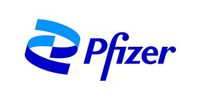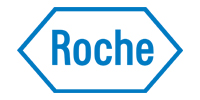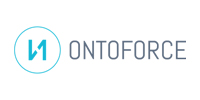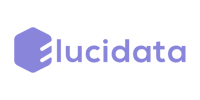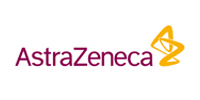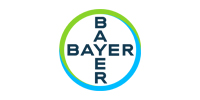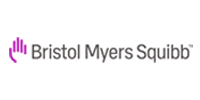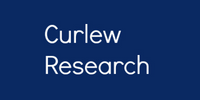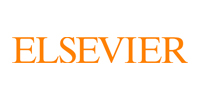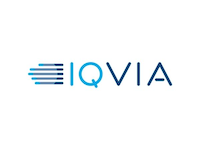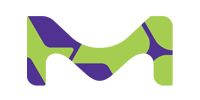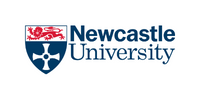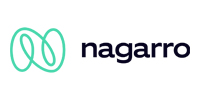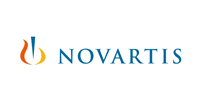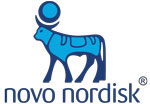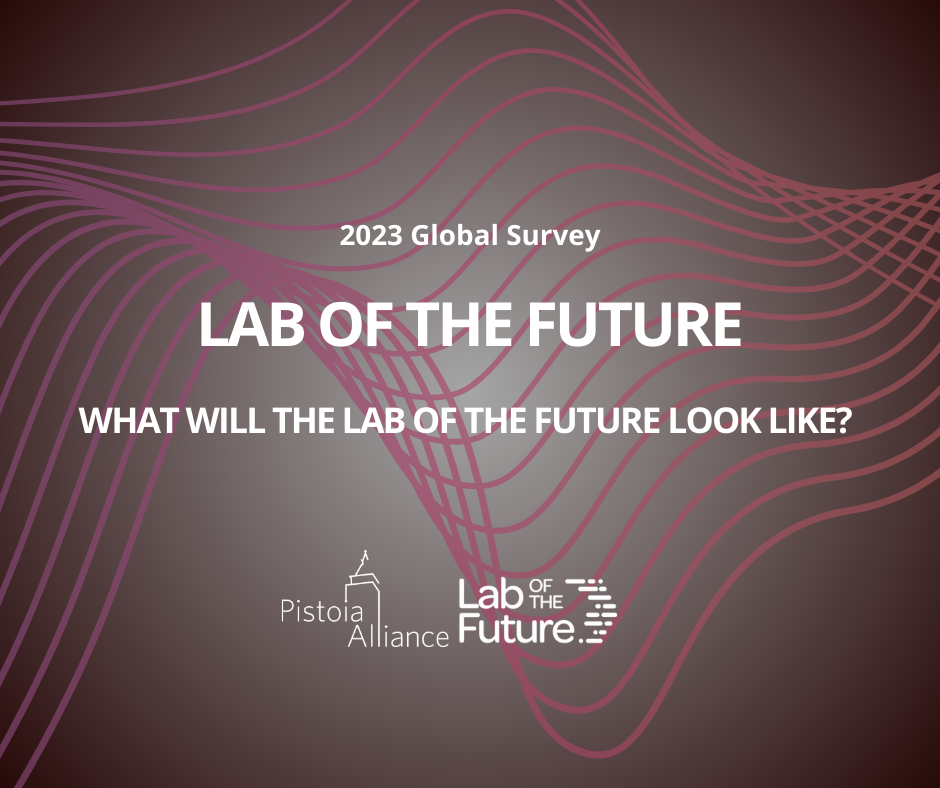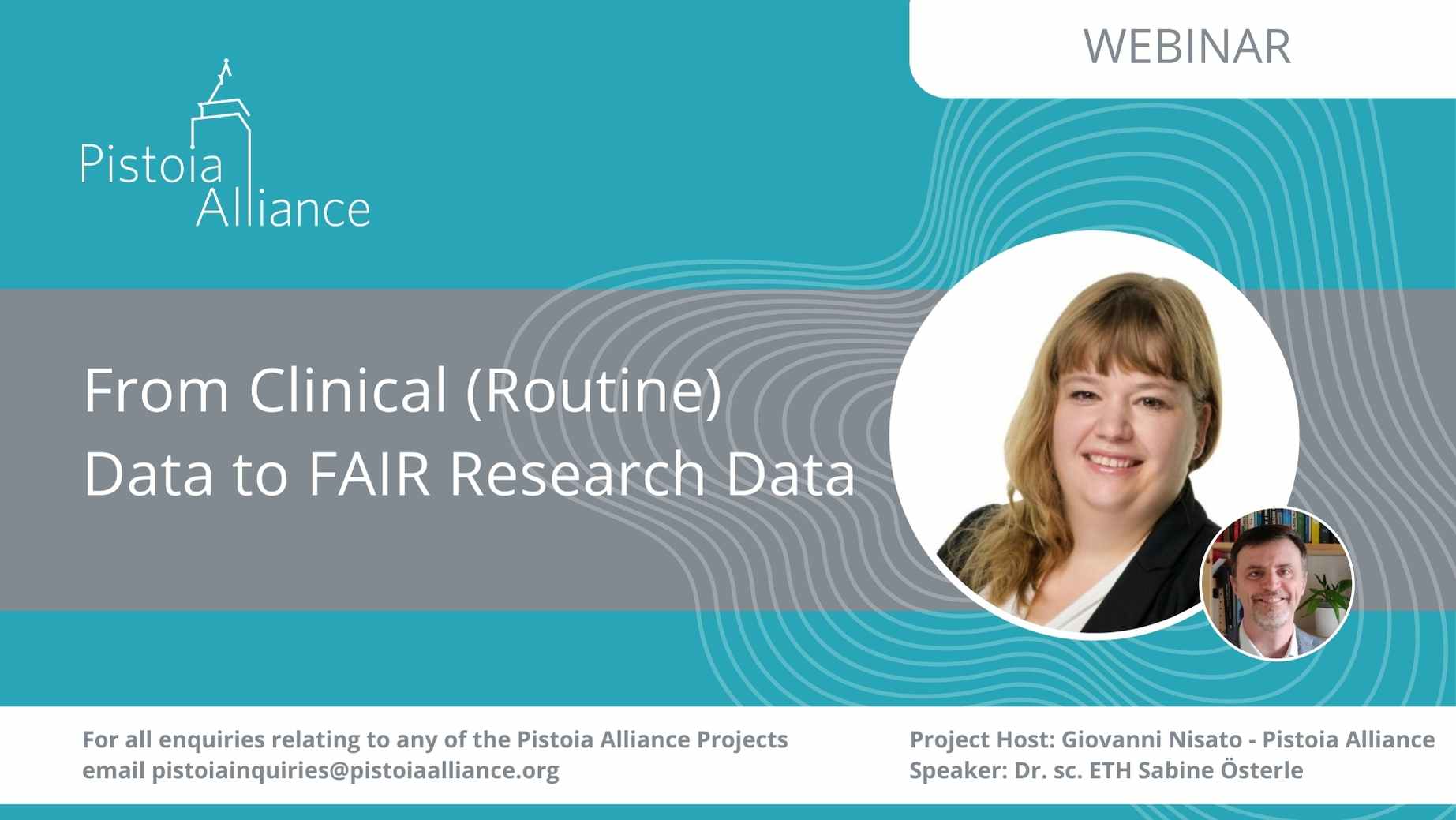Project Deliverables
Deliverables from this project include:
- The FAIR Toolkit: a freely accessible, co-created, and maintained resource designed to help life science companies to implement the FAIR (Findable, Accessible, Interoperable, Reusable) guiding principles for data management and stewardship. The Toolkit comprises Use cases and Methods (tools, training, change) for FAIR implementation.
- The FAIR Maturity Matrix: an organisational maturity model for FAIR implementation. A poster introducing the FAIR Maturity Matrix can be found here.
- The FAIR4Clin guide providing a comprehensive overview on FAIR resources in the clinical space. The guide is co-created by project partners first as a closed prototype, which is then published to a public wiki.
- Visibility and impact through presentations at international conferences, FAIR webinars, workshops, and publications.
- FAIR implementation resources . A summary of outcomes from activities in 2023 can be found here.
Why is this important?
This project supports the implementation of the Findable, Accessible, Interoperable, and Re-usable (FAIR) guiding principles by sharing best practices.
Implementation of the FAIR guiding principles is important for the Life Science industry, as described in Drug Discovery Today. FAIR Implementation releases far greater value from data and associated metadata over a much longer period of time, including enabling more likely and effective secondary reuse.
What will the project achieve?
As the life science industry continues to transform digitally, this project will help foster greater collaboration and more effective industry partnerships.
The project is enabled by a world-class community of experts practitioners implementing the FAIR principles in pharmaceutucal companies and other life-science organisations.
How will the project do this?
The community collaborates pre-competitively through regular online meetings, workshops, and live events e.g. during Pistoia Alliance’s yearly conferences.
Active participants in working groups develop closer ties with world-leading experts across industries, co-creating cross-industry pre-competitive resources while contributing expert time or other in-kind resources.
The currently active Working Groups include:
- Business value of FAIR
- Best-practices and thought leadership
The Sponsor members of the Steering group ensure governance and strategic support and provide guidance to the working groups enabling strategic cross-industry alignment.
Project Funders
Thanks to our funders: without their help this community of FAIR experts would not exist or be able to collaborate




